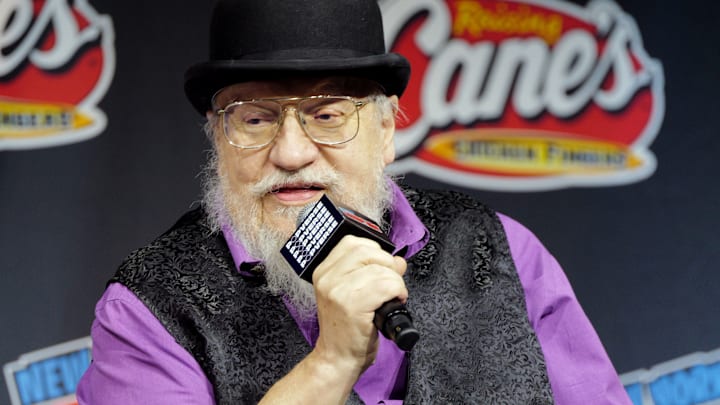Since the launch and rapid growth of ChatGPT to the public in 2022, Generative AI has become one of the biggest talking points in the world. We're talking about a system that can write entire novels after a couple of prompts. The results aren't nearly as good as what humans can produce, but it's become ubiquitous enough to fool a lot of people. Plus, it trains from copyrighted material, including some of the most iconic works in history.
The artificial intelligence issue is problematic in just about every way you look at it. ChatGPT itself is terrible for the environment, and it also has plenty of moral and ethical issues surrounding it. Look no further than how it gathers its vast catalog of knowledge, taking from an enormous dataset of books, articles, and so on. The usage of such copyrighted material has resulted in big copyright infringement claims. Several authors have launched class-action lawsuits, including Michael Chabon and Jia Tolentino.
One of the most notable lawsuits at the moment comes from the Authors Guild, representing a collective of big name writers including A Song of Ice and Fire author George R.R. Martin. The authors' lawsuit against OpenAI is gaining a lot of traction. In a court ruling in late October 2025, U.S. District Judge Sidney Stein stated that a ChatGPT-generated idea may have breached Martin's copyright. The prompt saw ChatGPT generate an alternative sequel to the A Clash of Kings that would see the story veer in a radically different direction to A Storm of Swords. The AI decided to give the novel the title 'A Dance With Shadows.' How (un)imaginative!
The novel had a number of simply awful ideas, including a new claim to the Iron Throne from none other than some of the Children of the Forest, and even "a distant relative of the Targaryens" called Lady Elara. Per Business Insider, the judge said: "A reasonable jury could find that the allegedly infringing outputs are substantially similar to plaintiffs' works." This is enough to merit a class action lawsuit.

According to another report from The Hollywood Reporter, the plaintiffs are making good progress on three different arguments. Firstly, that the practice of training AI models on copyrighted material is clear infringement. Secondly, that OpenAI downloaded many books from 'shadow libraries,' which are filled with pirated content. Lastly, they're arguing that ChatGPT's answers are too similar to the books it's trained on.
THR's report says that Judge Stein allowed the shadow library argument to proceed separately from the other two, essentially giving authors another front on which to attack OpenAI in court. It notes that in copyright infringement cases such as this one, a defendant can't be fined more than once for the same instance of infringement. In other words, if the authors can successfully prove OpenAI's guilt in any one of their claims, they'll win, and the judge just gave them another avenue to do so.
Lawsuits against ChatGPT can only be a good thing for creatives. The power needs to be with authors, otherwise what are we even doing?
